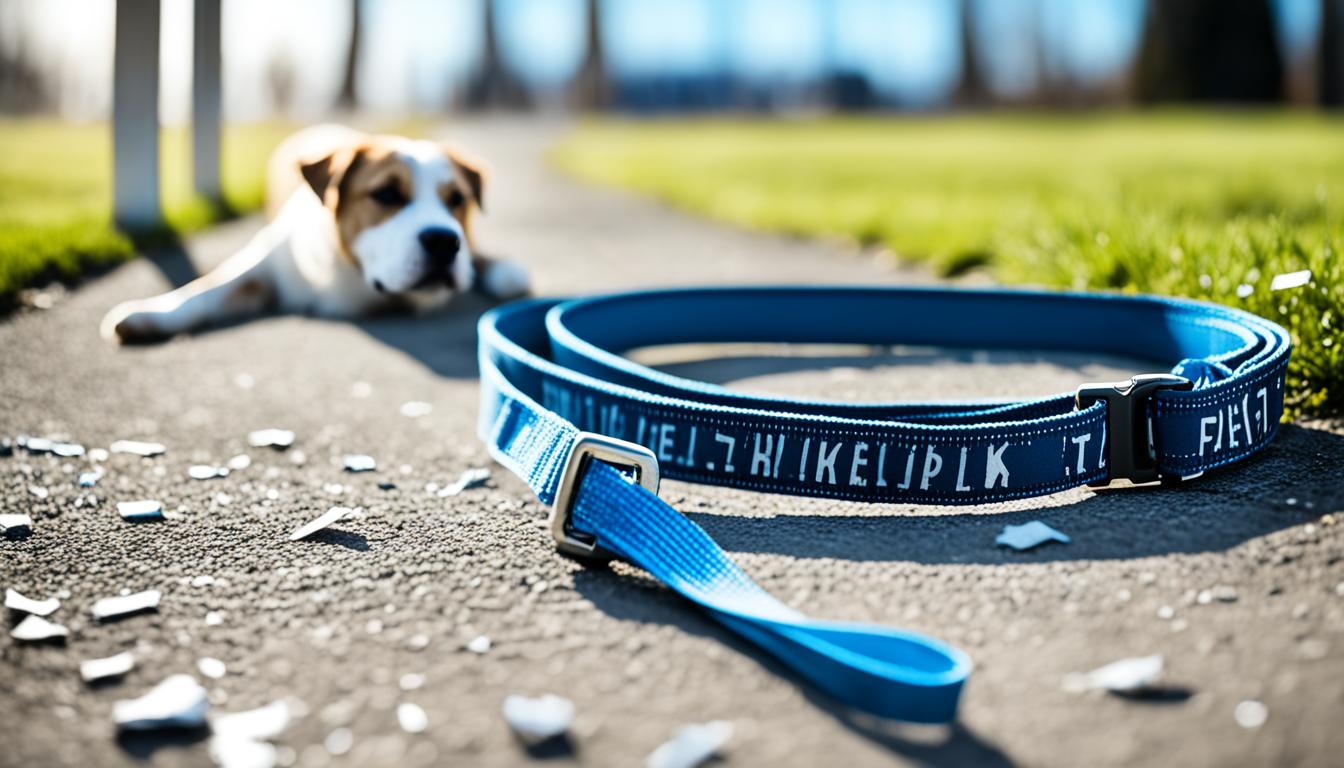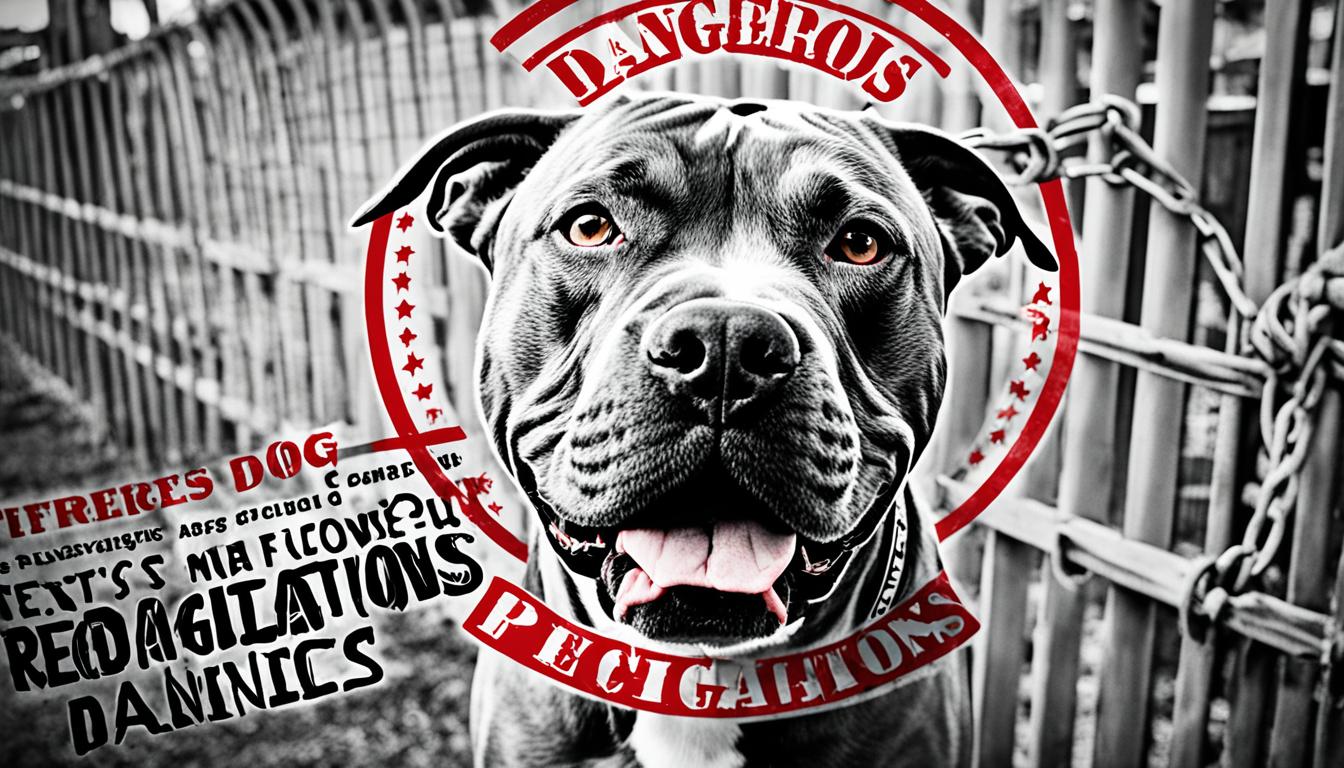Unleash Legal Insight and Expert Counsel for Victims of Canine Encounters
A peaceful day can quickly turn scary with a dog around. The impact goes beyond just physical scars. It can shake your whole well-being. If you need help with dog attack legal advice, it’s crucial to work with experts. They know how serious these events are. Dealing with liability in animal attacks can make you feel lost. You might not know where to turn. True legal experts can help. They offer advice that fits your situation. They guide you clearly towards bite injury compensation. This way, you can focus on healing and not on legal details.
Key Takeaways
- Comprehensive support for emotional and legal challenges post dog attack
- Importance of tailored legal advice for bite injury compensation
- Navigating liability issues with expertise in animal attack scenarios
- Accessibility to the right legal resources is crucial for recovery and justice
- Ensuring a personalized approach to each unique case of canine encounters
The Emotional and Legal Aftermath of Dog Bites
Dog bites carry deep consequences. They go beyond just physical harm. They cause emotional trauma and bring about legal risks. Recovering from such an event involves more than just medical treatment. It’s about dealing with the emotional wounds as well. This is essential for full recovery.

The first step legally is understanding the dog bite statute of limitations. This sets the time limit for victims to file a claim. The time limit changes from state to state, showing the need for speedy action. Legal risks include possible court cases. These might be needed against home insurance companies.
- Evaluating the potential for a dog’s future aggression and its impact on community safety.
- Options for the dog owner, which range from behavioral training to re-homing or more drastic measures depending on the severity.
- Insurance implications, where homeowner policies might not cover incidents involving certain breeds or repeated aggression.
Healing the emotional and physical wounds is key. Apart from getting medical help, joining support groups can make a big difference. It’s all about coping with post-canine aggression.
“Understanding the emotional and legal avenues available can furnish dog bite victims with a path to recovery and justice.”
Navigating the aftermath of a dog bite means balancing care and legal steps. The goal is to protect the victim’s health and well-being in every way.
Understanding Canine Liability Laws
Exploring canine liability laws is key after a dog bite. It includes provoked vs. unprovoked attacks and dog breed restrictions. Knowing these laws helps in legal matters. It ensures victims get the justice and compensation they need.

Selecting the Right Attorney for Your Dog Bite Case
It’s crucial to pick an animal law expert for a dog bite case. They know canine liability laws well, guiding you through all cases. They understand breed-specific laws and can help deal with the tough emotions and legal issues involved.
Navigating Negligence and Strict Liability Standards
Each state has its rules on who’s to blame after a dog bite. A good attorney can explain these, from simple owner mistakes to strict breed rules. This understanding is vital to make the responsible party pay and to reach a fair solution.
- An unprovoked attack typically places stricter liability on the dog owner.
- In cases of provoked attacks, understanding the specifics of the interaction can mitigate owner responsibility.
- Breed-specific laws may impose inherent liability on the owners of certain breeds deemed more dangerous.
Knowing canine liability laws helps victims share their story in court. With a skilled lawyer, the chances of winning improve. It also supports better and fairer laws for everyone.
Identifying Dangerous Dog Regulations and Breed-Specific Laws
Knowing about dangerous dog regulations is key if you’re looking at animal attack compensation. Certain laws for breeds can affect a legal case a lot. The aim is to follow these rules. This way, we keep communities safe and make sure justice is fair when attacks happen.
Dog attack legal advice emphasizes knowing about laws for specific breeds. These laws change from place to place. They cover things like how long a dog’s leash should be, all the way to needing a muzzle or a special license.
Understanding breed-specific and dangerous dog laws is crucial. You need to know both local and general rules for animal attack compensation.
- Get advice from legal experts who focus on dog attack legal advice. They can explain how laws fit your case.
- Look up what breeds local dangerous dog laws target. This helps to know which rules apply to which dogs.
- Check past cases in your area about these laws.
Checking if the dog’s owner followed local laws is very important in an injury case. This helps in planning a legal strategy. It also strengthens your case for getting animal attack compensation you deserve.

Dog Attack Legal Advice: Seeking Compensatory Justice
When a dog attack is addressed, focusing on pet owner negligence and leash law violations is critical. These aspects are crucial in the search for compensatory justice in animal attacks. Proving negligence means showing the pet owner didn’t follow proper safety steps to stop the attack. This put others in danger.

Those hurt often greatly benefit from carefully looking at what happened. It’s important to collect evidence and expert opinions. These should clearly show any negligence or rule breaking by the pet owner.
- Obtaining video footage or eyewitness statements showing a lack of a leash or improper control.
- Keeping records of past complaints or alerts about the pet’s behavior.
- Getting expert opinions from animal behaviorists on how well the pet owner controlled their pet.
Proving pet owner negligence means also knowing about leash law violations. Different areas have their own rules for handling pets in public. Knowing these rules helps build a strong case for compensatory justice.
It’s not just about penalties. It’s about making our community safer by holding careless pet owners to account. This also encourages people to follow the rules on handling animals.
The main goal in these legal processes is two-fold. First, it’s to make sure the victim gets help for their pain and distress. Second, it’s to prevent future cases by making sure everyone follows the laws on animals and pets closely.
Comparing Provoked vs. Unprovoked Canine Attacks
In the world of dog bite laws, figuring out if an attack was provoked or unprovoked is key. This can greatly sway a victim’s legal case and what they might get in compensation. To win in a dog bite case, it’s crucial to clearly understand what led the dog to attack.
A big part of court cases about dog bites revolves around if the dog was provoked. This means something the victim did might have made the dog attack, or the dog might have attacked for no clear reason. Knowing this difference is vital for dealing with dog bite cases.
How Provocation Influences your Legal Standing
Dealing with provocation is very important from a legal perspective. If a dog was provoked, the victim might get less money for the damages. This is based on the idea that both the victim and the dog’s owner share the blame. Lawyers must skillfully examine the dog’s behavior to see if the victim’s actions may have triggered the attack.
This means that if someone teases a dog or treats it badly, they might get less compensation if the dog attacks. This is a common legal idea in personal injury cases.
Defining Provocation in Dog Bite Incidents
Understanding what counts as provocation in dog bites can be tricky. Some cases are not so clear, like stepping on a dog’s tail by accident. For the victim to win their case, they need to prove that either they did nothing to provoke the dog, or that whatever happened was not a big deal.
To do this, they often need to show solid proof. This ensures they have a strong legal strategy to avoid being blamed and to get fair compensation.